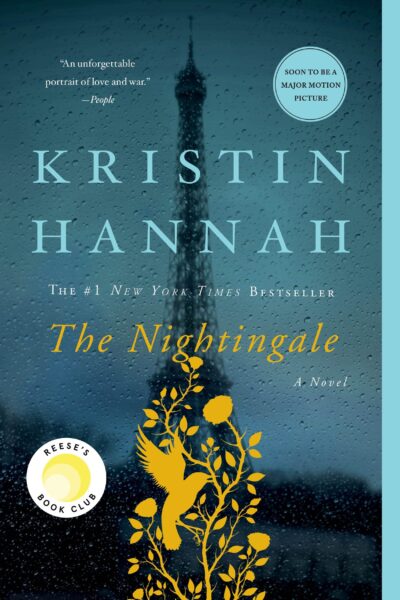Chapter 37: Vianne’s Journey Through Loss and Resilience
byChapter Thirty-Seven delves deeply into the layered emotional landscape of Vianne’s journey as she faces the stark realities of a post-war world. Her return to Paris, a city she once associated with warmth and joy, reveals the haunting changes that the war has wrought on her surroundings and within herself. The family apartment, a place that once symbolized love, now stands as a vacant echo of what was, filled with memories of laughter and life that have been overshadowed by the weight of loss and survival. Each creaking floorboard and dust-covered corner serves as a silent testament to the passage of time and the inescapable scars left by the war.
The Hôtel Lutetia, where Vianne goes in search of answers about her loved ones, becomes an emotional epicenter for the chapter. Crowded with returning prisoners and families desperately seeking news of the missing, the hotel radiates a mix of hope and despair. Vianne’s journey through its chaotic hallways reveals the emotional toll of uncertainty, as she scans lists of names, hoping for a sign of her sister Isabelle or others she has lost. The hotel, alive with the stories of survivors, becomes a living monument to the trauma and resilience of those affected by the war. For Vianne, every unspoken word and shared glance with other searchers adds to the weight of her own grief and longing.
Amid the chaos, Vianne finds purpose in reconnecting displaced children with their families. This role provides fleeting moments of joy and triumph, but these successes are overshadowed by the magnitude of suffering surrounding her. Each reunion is bittersweet, highlighting the fragility of human connections and the devastating impact of war on the bonds that tie people together. Her work mirrors her internal struggle to reconcile the losses she has endured while finding meaning in the acts of kindness she can still offer to others.
One of the chapter’s most heartrending moments comes when Vianne learns that she must let Ari, the child she sheltered during the war, leave to be reunited with his surviving relatives in America. This moment encapsulates the emotional complexities of love and sacrifice, as Vianne must relinquish someone she has come to see as her own. Ari’s departure is more than a logistical decision—it is a painful acknowledgment of the fractured nature of families in the aftermath of the Holocaust. Vianne’s love for Ari clashes with the understanding that his future lies elsewhere, making her decision all the more heartbreaking.
Even amid her personal grief, moments of resilience and hope shine through. Vianne’s children provide a much-needed anchor, their laughter and innocence offering a counterbalance to the sorrow that surrounds her. An impromptu backyard play performed by the children stands as a poignant symbol of life’s ability to endure, even in the face of overwhelming tragedy. This scene, rich with the simplicity of childhood joy, underscores the chapter’s theme of finding light in the darkness.
The departure of Ari, though inevitable, marks a significant emotional turning point for Vianne. His absence leaves a void in her life, but it also represents her capacity for selflessness and her ability to prioritize the needs of others, even at great personal cost. This bittersweet moment encapsulates the sacrifices that define survival and rebuilding in the wake of war.
As the chapter closes, Vianne’s reflections paint a vivid picture of resilience, loss, and the unyielding strength required to move forward. Her journey through grief and healing is both deeply personal and universally resonant, as she grapples with the complexities of memory, love, and the passage of time. Chapter Thirty-Seven masterfully intertwines these themes, offering a poignant exploration of the human spirit’s capacity to endure, adapt, and find hope even in the most challenging circumstances. Through Vianne’s experiences, readers are reminded of the profound impact of loss and the power of resilience to help navigate the path toward healing.


